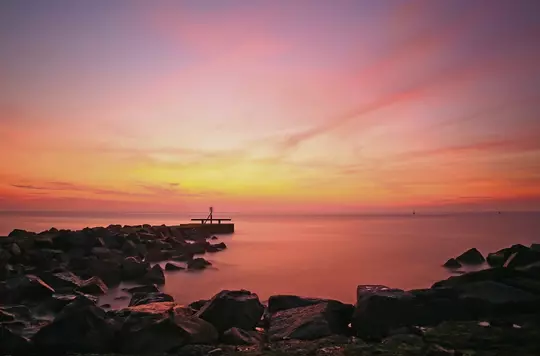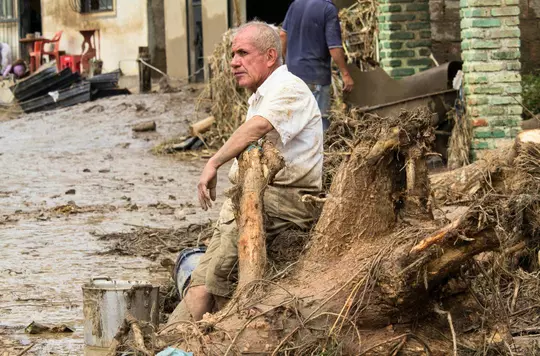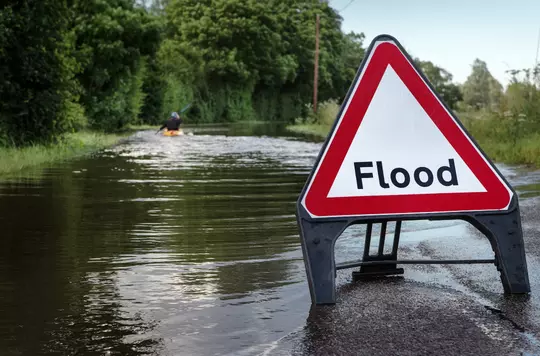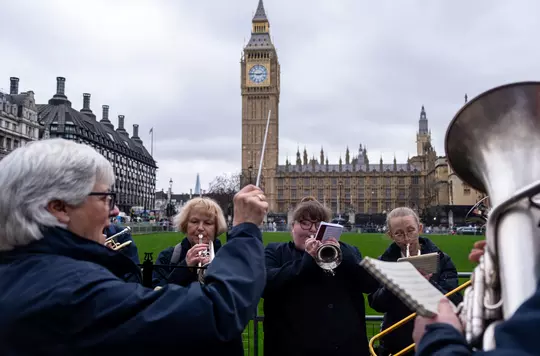9 August 2023
Wildfires: 'We can no longer stand idly by'
Major Heather Poxon

As wildfires spread on the Continent, Major Heather Poxon reflects on the urgency of the climate crisis.
‘Your sons and daughters will prophesy, your old men will dream dreams, your young men will see visions’ (Joel 2:28). I had a dream recently – one of disaster. Wildfires were approaching my house and I didn’t know what to do. I felt desperate and helpless. It was all too late.
At the end of last month, wildfires on the island of Rhodes forced Greece’s largest ever evacuation of 19,000 people. Temperatures were predicted to reach 44C, with The Guardian calling the hot, dry, windy conditions ‘perfect fuel for fires nationwide’. Since the start of this heatwave, a number of fires have broken out across Greece, including on Evia, Corfu and in the Peloponnese.
Joel wasn’t alone in exercising a prophetic gift to speak God’s word to an ailing humankind. Amos’s words – ‘Woe to you who are complacent in Zion, and to you who feel secure on Mount Samaria, you notable men of the foremost nation, to whom the people of Israel come!’ (6:1) – were to do with sin, but the warning of complacency is no less relevant.
In a recent radio phone-in discussing holidays on the Continent, one person said: ‘There is a shortage of water for local people, but the hotels make sure we have plenty of water, and we can always cool down in the swimming pool.’
On 5 June, the UKI Salvation Army declared a climate emergency. While Rhodes burns, Christians who claim any interest in caring for creation can no longer stand idly by. We might have been shamefully and unbiblically complacent when the worst impacts of the climate emergency were felt a long way away, but now we don’t have the excuse of distance.
For decades, scientists, not the Church, have sounded the warning, but we haven’t listened. Now those scientists are appealing frankly to governments, challenging policies that have directly or indirectly played a part in driving our common home towards becoming a fire pit.
As a Salvation Army, we are called to be prophetic, to advocate loudly, publicly and prayerfully for human dignity and social justice among the world’s poorest and most oppressed – those hit hardest by climate change.
Ineza Umuhoza Grace, the 27-year-old winner of the 2023 Global Citizen Prize: Citizen award, Rwanda, said: ‘Imagine someone struggling to stay afloat, drowning in deep water. Would you find a way to help them immediately, or would you stand there, watching her or him drowning and promising to have a rescue team come over, without knowing whether it’s going to come or when it’s going to arrive?’
Responding to this fire alarm is now about more than merely recycling on our way to the airport, before hopping on a carbon-emitting flight to a holiday destination. This is about making uncomfortable – and perhaps inconvenient – choices about where we holiday, what we eat and wear and how we use the Earth’s finite resources, so that others may survive; this is about living simply so that others may simply live. Aren’t Salvationists, after all, guided by William Booth’s famous one-word imperative, ‘others’?
Politicians and captains of industry have the clout and financial muscle to make a difference. Is the Army’s voice heard in those corridors of power or in the media, challenging the mindset of apathy, challenging investments in multi-national companies that seem not to have heard the alarm?
Might we be afraid of tarnishing our reputation? Might we be reluctant to risk losing donor support and goodwill? If so, we also risk the loss of our prophetic credibility as the Army we were – and still are – called to be.
Reflect and respond
- Read Ineza’s full comments on globalcitizen.org. How can developed countries help other countries?
- Reflect on the warning in Amos 6:1. Where do you see complacency around you in caring for creation?
- Pray for those in positions of power and influence to make a difference.
Written by
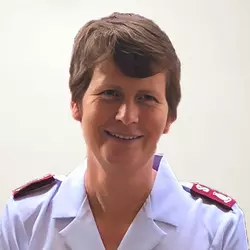
Major Heather Poxon
Territorial Environmental Officer, THQ

